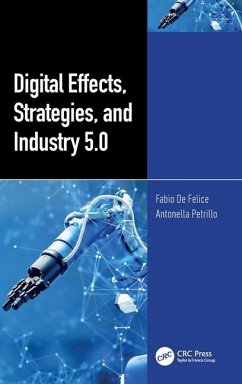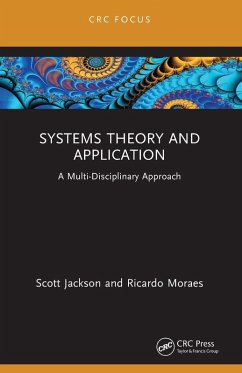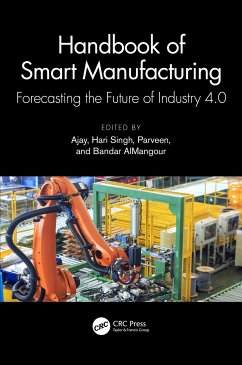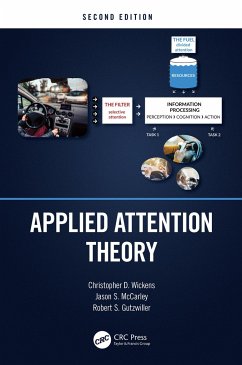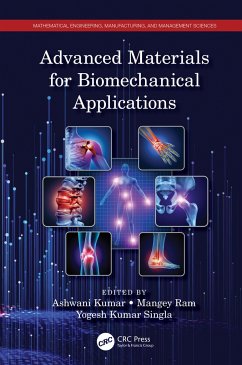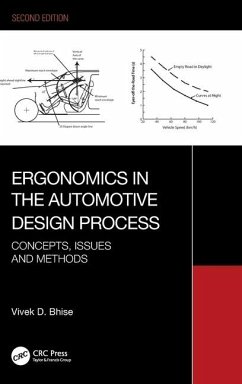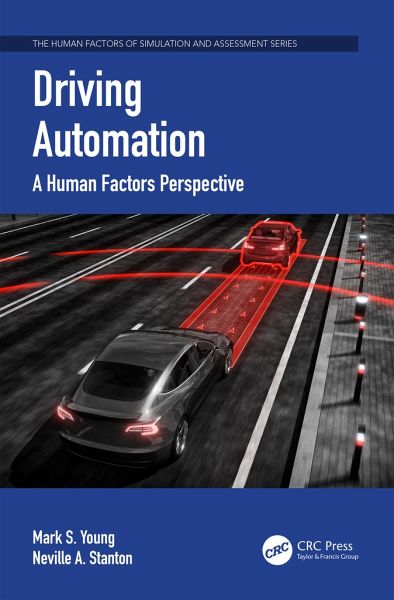
Driving Automation
A Human Factors Perspective

PAYBACK Punkte
70 °P sammeln!
The technology behind self-driving cars is being heavily promulgated as the solution to a variety of transport problems. This reference text examines a key role for human factors to play in driving forward future vehicle automation in a way that realizes the benefits while avoiding the pitfalls.





